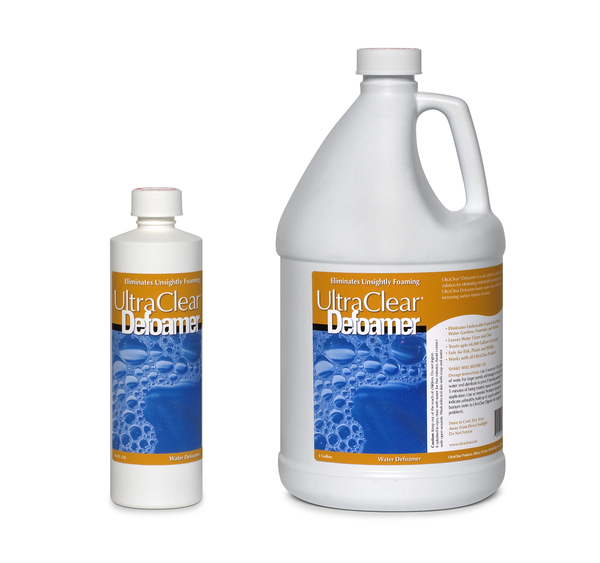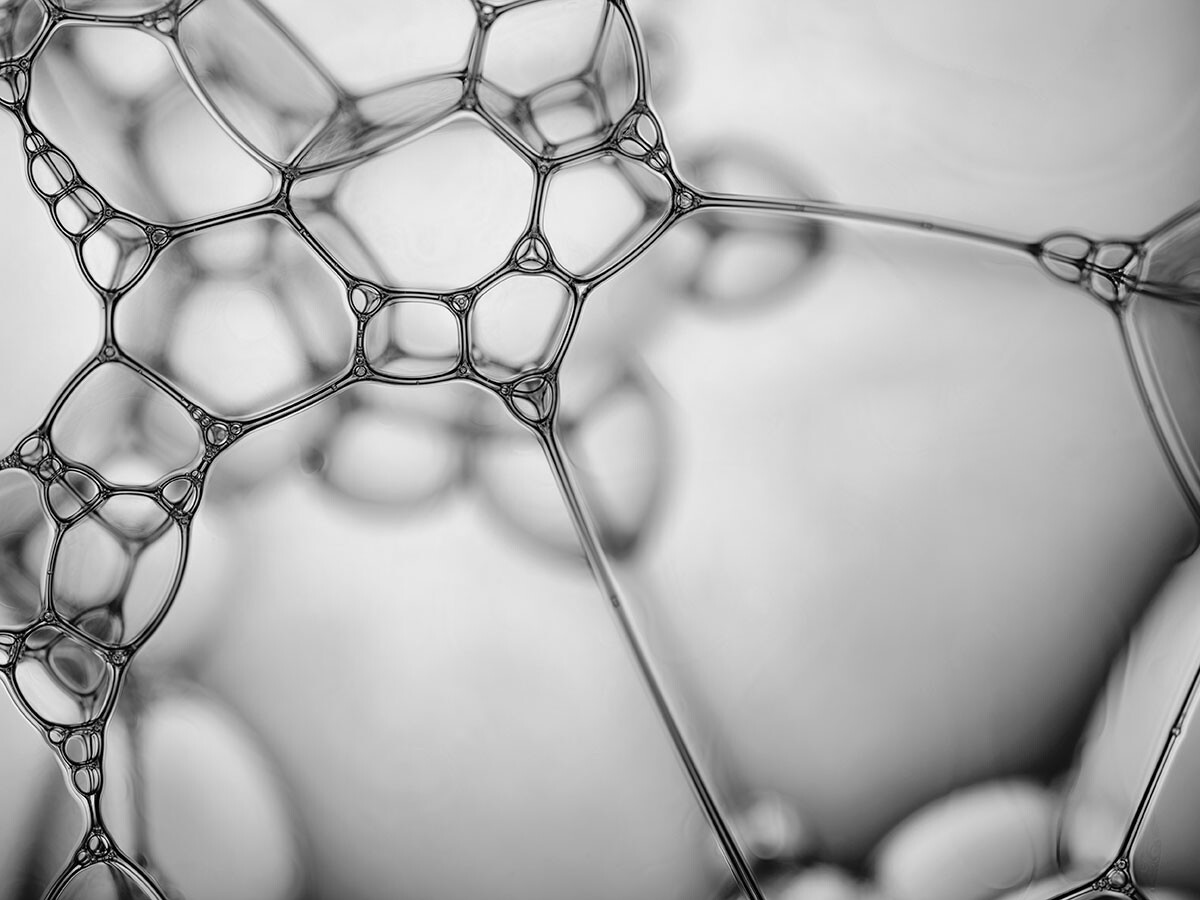The Importance of Defoamers in Industrial Processes and Applications
The Importance of Defoamers in Industrial Processes and Applications
Blog Article
The Role of Defoamers in Enhancing Product High Quality and Performance
Defoamers serve as essential ingredients that mitigate this concern, making certain smoother production process while enhancing the practical and aesthetic features of the final products. The selection of the suitable defoamer can be crucial to accomplishing ideal outcomes, raising essential questions regarding solution compatibility and efficiency metrics that warrant more expedition.
Comprehending Defoamers
Understanding the function of defoamers is essential for preserving item top quality across various sectors. Defoamers are chemical ingredients created to minimize and avoid the development of foam in fluid systems, which can negatively impact processes such as mixing, filling, and surface tension. Foaming can cause inadequacies, product problems, and endangered visual allure, making defoamers a crucial component in making procedures.
In industrial applications, defoamers aid to improve item consistency and security. The effective usage of defoamers not just ensures smoother manufacturing processes yet likewise adds to exceptional item efficiency.
Furthermore, the selection and formulation of a defoamer should align with particular application demands, such as compatibility with other active ingredients, performance under differing temperature level and pH conditions, and potential regulative constraints. Ultimately, recognizing defoamers' functions and their importance in numerous formulations is important for enhancing manufacturing and making sure the best output.
Sorts Of Defoamers
Defoamers can be categorized right into numerous types based on their composition and mechanism of activity. The main types include silicone-based, non-silicone organic, and inorganic defoamers.
Silicone-based defoamers are amongst the most efficient, mainly due to their capacity to spread swiftly on the fluid surface area and interfere with foam formation. Their special chemical framework enables remarkable stability, making them suitable for high-temperature applications and settings with differing pH levels.
Non-silicone organic defoamers, often composed of fatty acids or natural oils, are valued for their biodegradability and lower toxicity. These are normally made use of in food and drink applications where safety and environmental effect are extremely important.
Inorganic defoamers, that include materials like talc or calcium carbonate, act by increasing the thickness of the liquid, thus minimizing foam security. They are usually utilized in commercial processes where compatibility with other materials is not a problem.
Each kind of defoamer has unique benefits and restrictions, allowing for tailored options depending on the details foaming concerns experienced in various applications. Recognizing these distinctions is critical for maximizing performance and attaining preferred product high quality.
Applications Throughout Industries
Numerous sectors utilize defoamers to boost item top quality and functional effectiveness. In the food and drink market, defoamers are important in processes such as brewing and milk production to stop foam development, which can cause ineffectiveness and product incongruity. By regulating foam, manufacturers can guarantee better return and a much more uniform product.
In the pharmaceutical industry, defoamers play an important role in the solution of liquid medicines, where excessive foam can restrain mixing and exact dosing. Their usage helps maintain the honesty of the solutions and assists in smoother manufacturing procedures.
The paint and layers industry additionally relies upon defoamers to boost the efficiency of items during application. By decreasing foam, these additives guarantee a smoother finish and boost the visual top qualities of the end product.

Advantages of Using Defoamers
While the application of defoamers varies across industries, their advantages consistently improve item top quality and procedure efficiency. One substantial benefit is the decrease of foam formation during producing processes, which can or else cause manufacturing delays and disparities in product quality. By lessening foam, defoamers allow a smoother flow of materials, facilitating extra efficient procedures and lowering the chance of tools breakdowns.
Furthermore, using defoamers can improve the look and structure of final items. In markets such as coverings, paints, and food handling, excessive foam can endanger the visual appearances and overall high quality, while the suitable defoamer application ensures a consistent surface and preferable characteristics. Defoamers can add to cost savings by reducing waste during production and enhancing the use of raw materials.

Selecting the Right Defoamer
Picking the right defoamer is critical for maximizing production processes and ensuring item high quality. The option of defoamer influences not just the efficiency of foam control but likewise the general performance you could try here characteristics of the end product. Aspects to think about consist of the kind of application, the chemistry of the formula, and the ecological conditions under which the product will be made use of.
Different markets might require certain defoamer kinds, such as silicone-based, organic, or polymeric defoamers. Comprehending the compatibility of the defoamer with the primary active ingredients is necessary to avoid adverse responses that might compromise item honesty. Furthermore, the defoamer's effectiveness in numerous temperatures and pH levels must be reviewed to ensure constant performance.
Checking my explanation the defoamer in small applications can offer beneficial understandings right into its performance and suitability. Consideration of regulative compliance, particularly in food, pharmaceuticals, and cosmetics, is vital in picking a defoamer. Eventually, a complete evaluation of these aspects will lead to the selection of a defoamer that not just controls foam efficiently however likewise enhances the top quality and efficiency of the last product.
Final Thought

Finally, defoamers are essential ingredients that dramatically boost product top quality and efficiency throughout different markets. By properly reducing foam development, these agents not only boost operational performance but additionally add to the useful and visual integrity of items. The tactical selection and application of defoamers bring about cost financial savings, enhanced source use, and increased consumer satisfaction. Overall, the significance of defoamers in industrial procedures can not be overemphasized, as they play a vital function in accomplishing high-grade and regular outcomes.
Lathering can lead to inadequacies, product defects, and compromised visual appeal, making defoamers an important component in manufacturing procedures.

Report this page